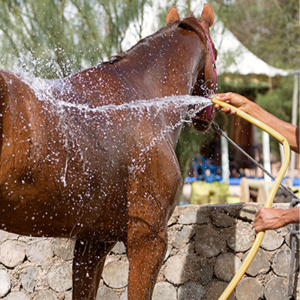
300
View Article
You can take a look at your horse and have an idea whether they’re thin or fat or just about right, to your eye. But it’s important to know (and monitor) your horse’s weight more accurately than “eyeballing” it.
» View Article
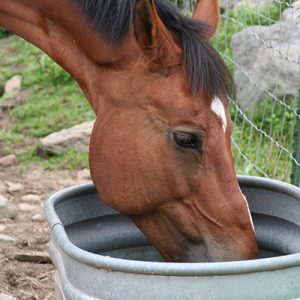
300
View Article
When horses exercise, they lose significant amounts of electrolytes through their sweat. Electrolyte loss can be further exacerbated during hot weather or strenuous exercise. If these electrolytes are not replenished, it can lead to electrolyte imbalances and dehydration.
» View Article
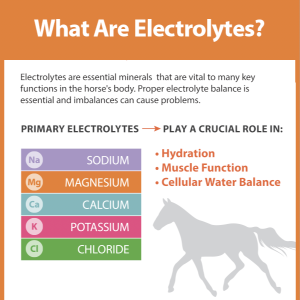
700
View Article
Electrolytes are essential minerals that are vital to many key functions in the horse's body. Proper electrolyte balance is essential and imbalances can cause problems. Everyday feeds contain some electrolytes, but not always enough to meet your horse’s needs. Most forages are considered insufficient in sodium and only marginal in chloride.
» View Article
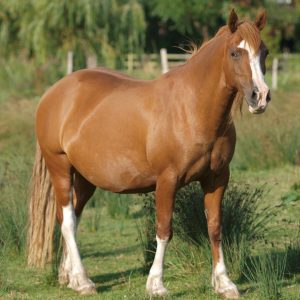
300
View Article
Knowing how much your horse weighs is important, but body condition is a key factor in determining how fit they are. Body condition measures the level of both fat and muscle in the horse’s body.
» View Article
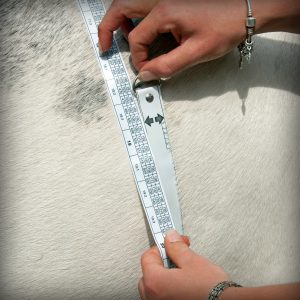
600
View Article
You can take a look at your horse and have an idea whether they’re thin or fat or just about right, to your eye. But it’s important to know (and monitor) your horse’s weight more accurately than “eyeballing” it.
» View Article
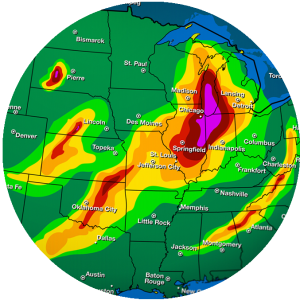
100
View Article
While patience and proper training techniques are essential when working with any horse, some horses can benefit from nutrients that support the normal activity of neurotransmitters (the chemicals responsible for transmitting impulses along nerve cells).
» View Article
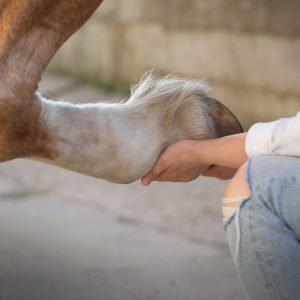
1,400
View Article
Hoof abscesses are common problems, especially in wet conditions. They can stop your horse in his tracks and can be time-consuming and frustrating to treat. But there are steps you can take to keep your horse’s hooves strong and healthy.
» View Article
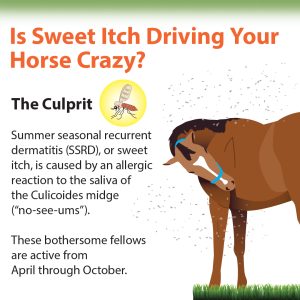
500
View Article
Summer seasonal recurrent dermatitis (SSRD) or sweet itch, is caused by an allergic reaction to the saliva of the Culicoides midge (“no-see-ums”). These bothersome fellows are active from April through October.
» View Article
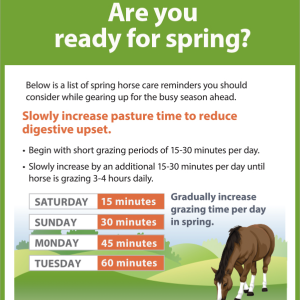
300
View Article
Below is a list of spring horse care reminders you should consider while gearing up for the busy season ahead.
» View Article
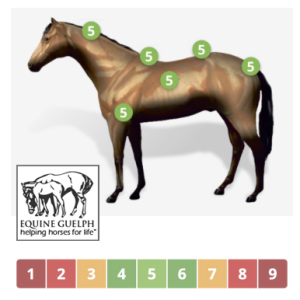
100
View Article
Article re-posted with kind permission by Equine Guelph: http://equineguelph.ca/index.php Equine Guelph has made a New Year’s Resolution to empower horse owners...
» View Article











